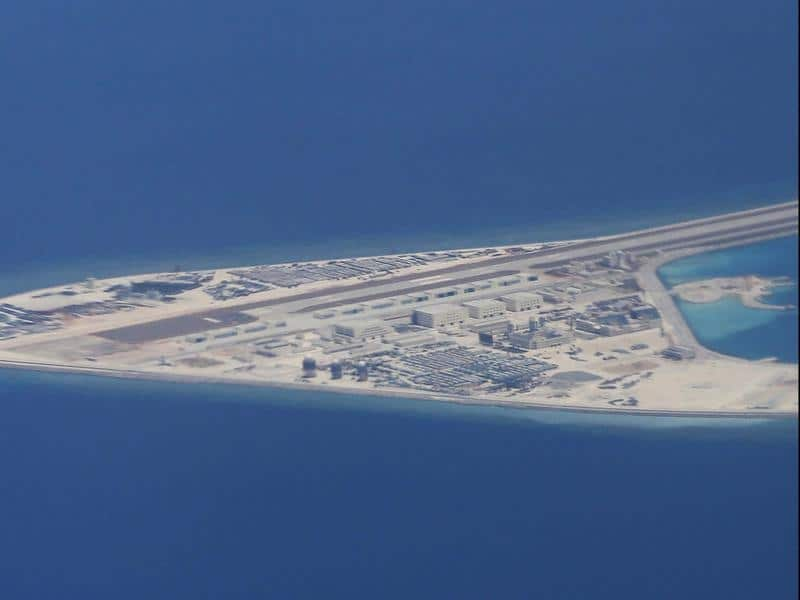More on Budget 2018:
- Winners and losers
- Refugees to wait twice as long for job search services
- Migrants to wait four years for Centrelink in welfare crackdown
- Government to claw back $300m from welfare debtors
- Visas for foreign doctors cut in $400m saving to health system
- Turnbull government's Indigenous strategy blasted
- Churches win exemption from paying for Aussie apprenticeships
- Budget 2018: Treasurer Scott Morrison's speech in full
The Federal Government has frozen the foreign aid budget at $4.2 billion a year, but will spend a large portion of it on wooing the Pacific region with a $1.3 billion plan which includes a new communications cable in Papua New Guinea and the Solomon Islands.
Tuesday’s Federal Budget confirms the Official Development Assistance spending will remain the same at just over $4 billion, with indexation to recommence in 2022-23.
This spending includes money for development assistance and humanitarian funding for countries after a crisis.
However, a bulk of that money - $1.3 billion - will go towards the Pacific region over the next year, in what the government says is Australia’s largest-ever contribution.
The funds will help pay for high-speed undersea telecommunications cables for Papua New Guinea and the Solomon Islands, improving internet access and communications for both countries.
The government has been under pressure over recent reports that China is increasing its influence in the Pacific.
Vanuatu recently rejected reports it was willing to host a Chinese military base.

There’s also six million in funding allocated over four years to “expand engagement with emerging Indo-Pacific leaders," according to the Budget papers.
Papua New Guinea is also getting almost $20 million to help it host the APEC forum in 2018.
New diplomatic missions
Australia will also set up new diplomatic missions in Kolkata, India and Tuvalu to promote its foreign policy and trade interests, at a cost of $19 million over four years.
The consulate in India is aimed at helping boost Australian businesses’ access to the Indian mining sector and “protect and advance our interests in a change Indo-Pacific”, according to Foreign Minister Julie Bishop.
There’s also $15 million to help Australian companies trading overseas and helping government engagement with the corporate sector.
Spy funding
Australia’s overseas spy agency ASIS will receive an unspecific funding boost over two years.
But the amount has been withheld from the public due to “national security concerns”.

